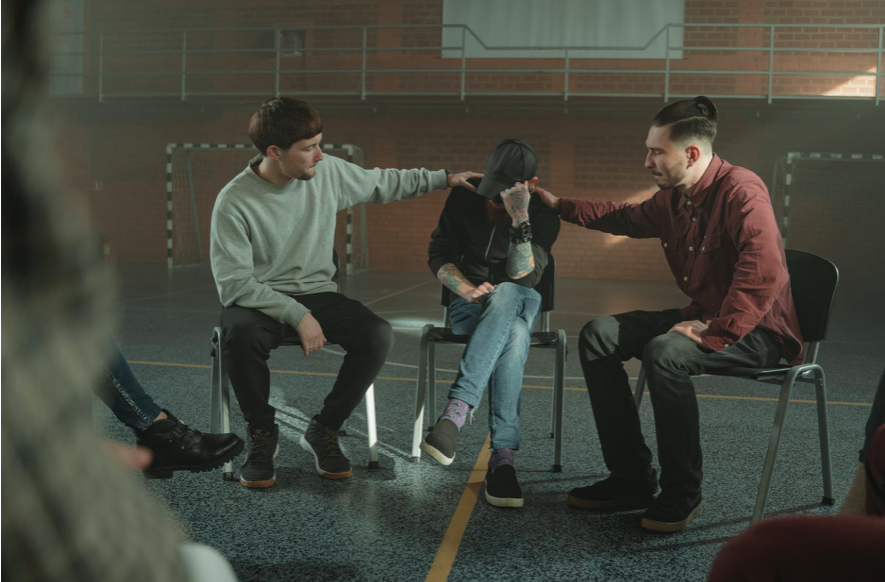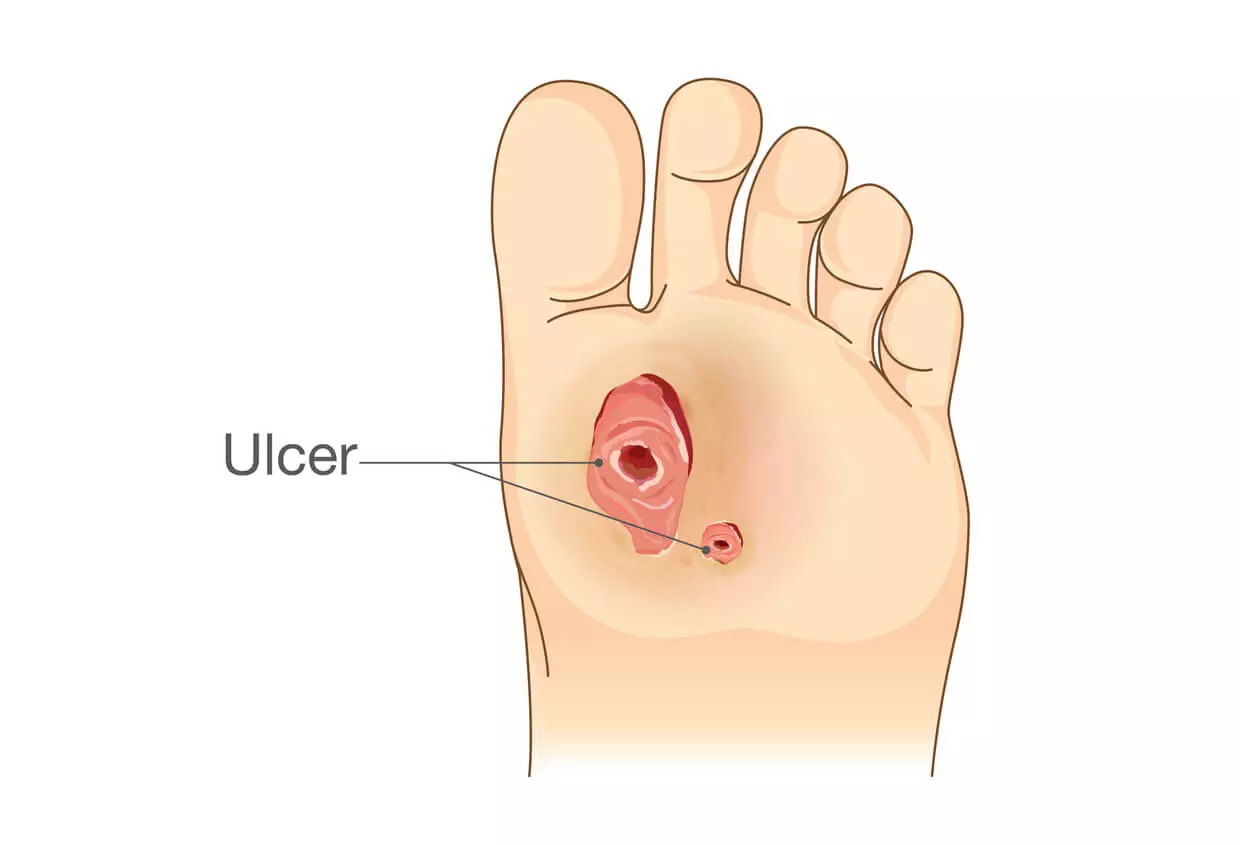For many struggling teens, in-home therapy and outpatient programs are the first steps toward treatment. However, some adolescents face challenges that require a higher level of care, such as teen residential therapy. This post explores signs it may be time to consider an out-of-home treatment option.

Contents
Escalating Risk Behaviors
Ongoing risky behaviors like substance abuse, self-harm, dangerous eating disorders or criminal activities indicate in-home treatment isn’t sufficient. A teen therapist in Meridian may recommend residential care to remove environmental triggers fueling these behaviors.
Intensive clinical support and 24/7 supervision in a structured setting can help break destructive cycles and replace them with healthier coping skills. Residential programs also provide psychiatric care if co-occurring mental health issues contribute to risk-taking.
Treatment Resistance
If a teen has tried multiple outpatient therapy approaches without lasting progress, they may resist or sabotage in-home treatment. Residential programs offer a fresh start without previous negative associations.
The intensive therapy and peer support of a therapeutic community can help re-engage resistant teens. Dedicated staff provide motivation and accountability on a level difficult to replicate at home.
Family or Environmental Stressors
When family or home environment conflicts interfere with treatment, residential programs offer an alternative. This includes situations involving abuse, neglect, parental substance abuse or mental illness.
Residential care removes stressors blocking healing while still involving family therapy. Teens learn without unhealthy influences from caretakers in crisis.
Severe or Complex Diagnoses
Certain diagnoses like bipolar disorder, psychosis or dual diagnoses may require a higher level of clinical support than outpatient care provides.
Residential programs offer psychiatric medical oversight, customized treatment plans and staff trained to handle acute mental health crises safely. Teens get stabilized before stepping down to less intensive care.
Conclusion
While not the first option, residential therapy provides intensive treatment some adolescents need to overcome challenges when lower levels have proven insufficient. It offers structure, support and clinical care difficult to find elsewhere for teens in crisis. With the right program, residential programs can empower teens for long-term wellness.

Carl Clay is a health blog author who has been writing about nutrition, fitness and healthy living for over 10 years. He also loves to run, hike and bike with her wife.












